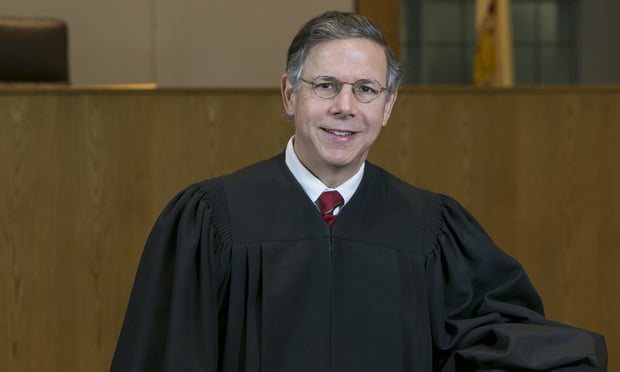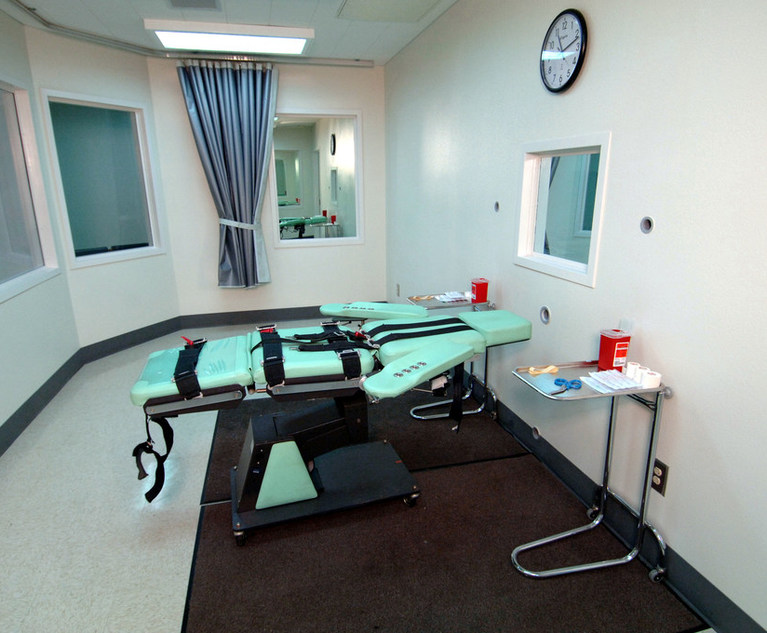On Jan. 10, 2019, the Appellate Division decided the case of State v. Olajuwan Herbert, Docket No. A-5096-14T1 (approved for publication) in which a detective, testifying as a state witness at the defendant’s murder trial, had made reference to the alleged gang membership of the defendant. Albeit the court sustained the defendant’s objection to the comment about gang membership, the motion for a mistrial was denied on the ground that the trial judge had cured any prejudice by the instruction to the jury that there was no evidence in the case about gang involvement and that the jury should disregard the statement.
The Appellate Division determined that a new trial was required because the trial court’s curative instructions were found to be inadequate to offset the prejudice that was caused by reference to the gang membership of the defendant. In the opinion by Judge Ostrer, it was pointed out that, “There is tension in our case law governing curative and limiting instructions. The authority is abundant that courts presume juries follow instructions.” However, citing former decisions of the United States Supreme Court and the New Jersey Supreme Court, the opinion pointed out that there are times when a limiting instruction cannot genuinely cure the prejudicial affect from the admission of certain evidence. The opinion included a quote from Bruton v. United States, 391 U.S. 123, 135 (1968), where it was stated that “[T]here are some contexts in which the risk that the jury will not, or cannot, follow instructions is so great, and the consequences of failure is so vital to the defendant, that the practical and human limitations of the jury system cannot be ignored.”


 New Jersey Appellate Division Judge Mitchel Ostrer.
New Jersey Appellate Division Judge Mitchel Ostrer.




